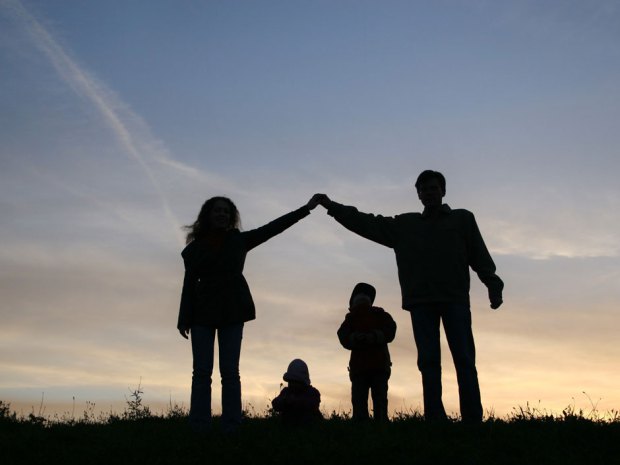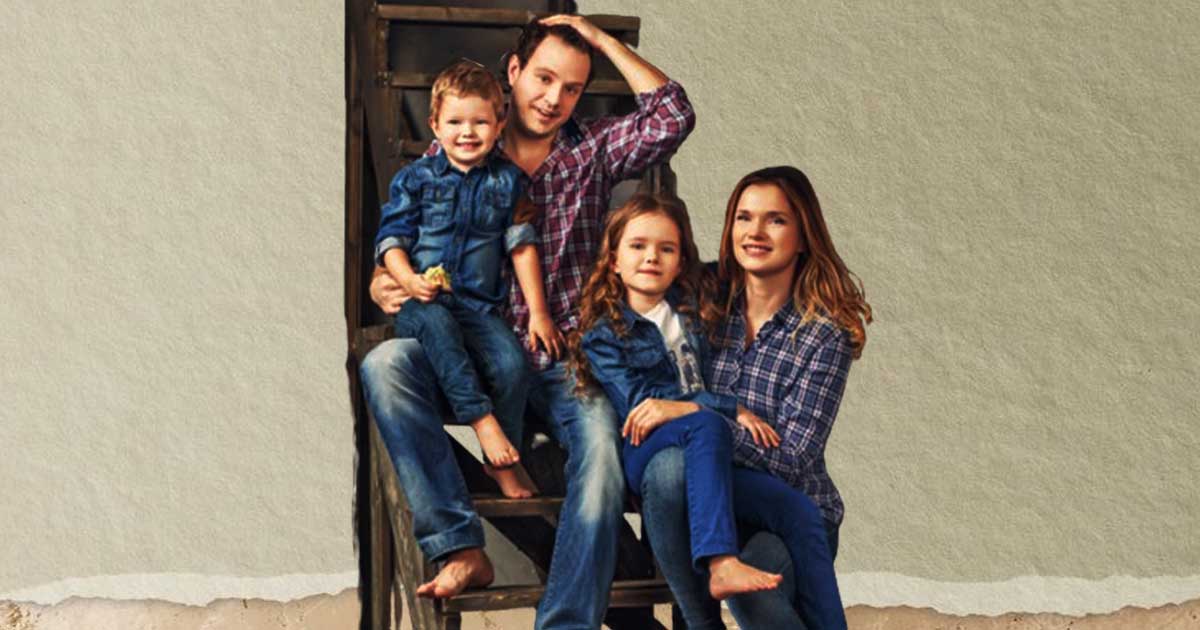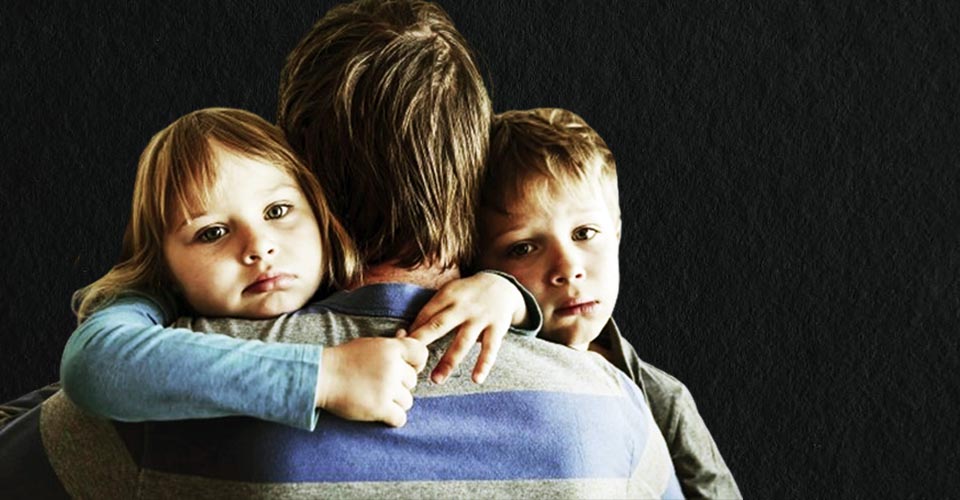Determining the ideal family size could be one of the most important decisions you can make. This decision affects many areas in our lives including our financial plans, career paths emotional wellness, and environmental conservation.
In this article, we will explore the reasons behind figuring out what is your ideal family size as soon as possible to help you live a more balanced and satisfying life.
We will also discuss four key points that must be taken into account before making this choice: money stability; health considerations; emotional readiness and ecological impact awareness.
After reading through this article, I hope that all readers will have gained some insights on how they can approach such a complicated decision with confidence and clarity.
Why You Need To Decide Ideal Family Size Early On?

1. Financial Planning and Stability
Knowing the ideal family size helps in planning for long-term financial commitments like education, healthcare, housing, and other child-rearing expenses. The cost of raising a child can vary significantly based on location, lifestyle, and family size, so early decisions help in managing these costs effectively.
Early decision-making allows for better savings and investment strategies. For instance, parents can start education funds or plan for other large expenses, ensuring financial stability throughout the children’s growing years.
2. Health and Age Considerations
Fertility can decline with age, making it harder to conceive later in life. Deciding on family size early allows for a more flexible timeline and reduces stress related to fertility issues.
Pregnancy and childbirth carry more risks as parents age. Deciding early can mitigate health risks for both parents and children.
3. Emotional and Psychological Preparedness
Being emotionally and mentally prepared is key. When couples start talking about how many kids they want, it creates a basis for them which helps in fostering their relationship with each other.
Preparation also readies one for the emotional and psychological parts of being parents which can be triggered by abrupt alterations to family dynamics. It makes certain that both parties have common hopes so they are ready to face all the challenges that may arise side by side.
In addition, deciding your preferred family size when still young establishes a strong foundation for happy families in future. This promotes holistic preparation whereby all necessary provisions like time, money among others are made so as to cater for various needs within the household.
Read More: What Are Family Dynamics? Is Your Family Dynamics Uplifting or Weighing You Down?
The Best Number Of Kids To Have: What Experts Say!
People have different opinions on the right number of children to have. What may be best for one person may not be ideal for another, and it depends on many things like culture, economy, personal choice, or even world affairs.

1. Two-Child Standard
According to several authorities, two is the magic number in terms of children. This perspective which is commonly referred to as “two-child standard” draws its foundation from different sociological, psychological and economic research.
Psychologically speaking, having two kids means providing them with siblings who could be their friends for life and playmates essential for social growth and emotional support during their childhood days .
Research shows that living with brothers or sisters helps an individual learn empathy as well as other necessary social skills while also giving them company throughout their lives.
Economically speaking, raising two kids may enable parents plan their finances better compared to larger families without denying them the benefits associated with having many siblings around.
Culture and environment also come into play because in most societies they consider two children per family an ideal compromise between individual attention required by each child and limited resources available within a household setting or even on earth at large.
Moreover , four-member families are usually considered ecologically sustainable since they satisfy both population needs and conservation demands.
Read More: Stages Of Parenting: 10 Tips For Adjusting Your Parenting Styles
2. Single-Child Families
The inclination towards having only one child is becoming more popular, especially in towns and among well-informed parents. There are several advantages to this method according to professionals.
For moms and dads, it allows them to have more flexibility in their careers as well as financial stability. Parents can put more of their time into work or savings if they have just one child because they will be supporting themselves alone thereby promoting a well-rounded lifestyle with less pressure.
On the part of the child, being an only child means receiving undivided attention and resources. Studies show that children who grow up with no brothers or sisters get more of their parent’s care which in turn leads to better academic results besides improved self-esteem.
Such children also enjoy additional co-curricular opportunities since their guardians have enough money and time at hand.
However; some experts warn against certain social disadvantages such as lack of companionship from siblings or feeling like all eyes are on them. These things sometimes bring about feelings of loneliness or increased anxiety levels among kids.
Read More: What Is Surrogacy and How Does It Work: Key Factors You Should Know!
3. Three Children or More
A family with three or more children provides a lot of opportunities for socialization among kids, with several brothers and sisters who can give different types of interpersonal interaction and support network.

Specialists argue that in large families children often learn vital skills such as conflict resolution and cooperation at an early age.
From the psychological point of view, big families may give a person a sense of belonging to a community. A kid from such family will probably grow up having very strong feelings of loyalty and support for his or her siblings which will come in handy throughout life.
However, it is not all rosy economically speaking when it comes to raising many kids at once. Bringing up multiple children can be expensive thereby putting strain on the family budget leading to lack of enough money available for each child’s education or extracurricular activities.
Further managing larger families needs substantial amounts time and energy which could interfere with parents’ work-life balance.
Environmentally speaking larger families add more numbers to population growths hence escalating resource consumption levels too. More people require more thus depleting them faster according experts who stress importance considering environmental impacts while planning for bigger households
4. Expert Recommendations on Ideal Family Size
There isn’t a one-size-fits-all answer when it comes to the best number of children to have, but experts provide several guidelines to consider:
- Assess your personal and financial situation: Consider your ability to support and provide for each child, including education, healthcare, and overall quality of life.
- Reflect on your lifestyle and career goals: Think about how many children you can realistically balance with your professional and personal aspirations.
- Evaluate your support network: The availability of extended family and community support can make a significant difference in managing a larger family.
- Consider the environmental impact: Be mindful of how your family size will contribute to resource consumption and environmental sustainability.
- Listen to your intuition and preferences: Ultimately, your comfort level and personal desires should play a key role in your decision
The best number of kids to have depends on a variety of factors, and what is ideal for one family may not be for another. Two children offer a balanced approach that satisfies many social, economic, and environmental considerations, while one child can provide greater financial and lifestyle flexibility.
Read More: What Is Gestational Surrogacy and Its 8 Key Benefits
A Word From Mind Family
When it comes to deciding on the best number of kids to have, there is no universal answer. Each family is unique, and what works for one may not suit another. As we’ve explored, the decision is deeply personal and influenced by a range of factors including financial stability, health, lifestyle, and environmental impact.
Remember, there is no right or wrong number of children to have—only what is right for you. Take the time to consider all aspects carefully, and make a choice that supports your vision for a happy and harmonious family.
Whether you choose to have one child, two, or more, the most important thing is that your family is a source of joy and fulfillment. Plan early, stay informed, and make the decision that best aligns with your dreams and realities.
Mind Family is here to support you every step of the way on your journey to creating the family that’s perfect for you.
Frequently Asked Questions (FAQs)
Why is it important to decide on family size early?
Deciding early allows for better financial, health, and lifestyle planning, ensuring a stable and fulfilling family life.
What is the best number of kids to have?
There’s no one-size-fits-all answer; it depends on personal, financial, and lifestyle factors unique to each family.
How does family size impact finances?
Family size affects budgeting for long-term expenses like education and housing, with larger families requiring more substantial financial planning.


















Leave a Reply